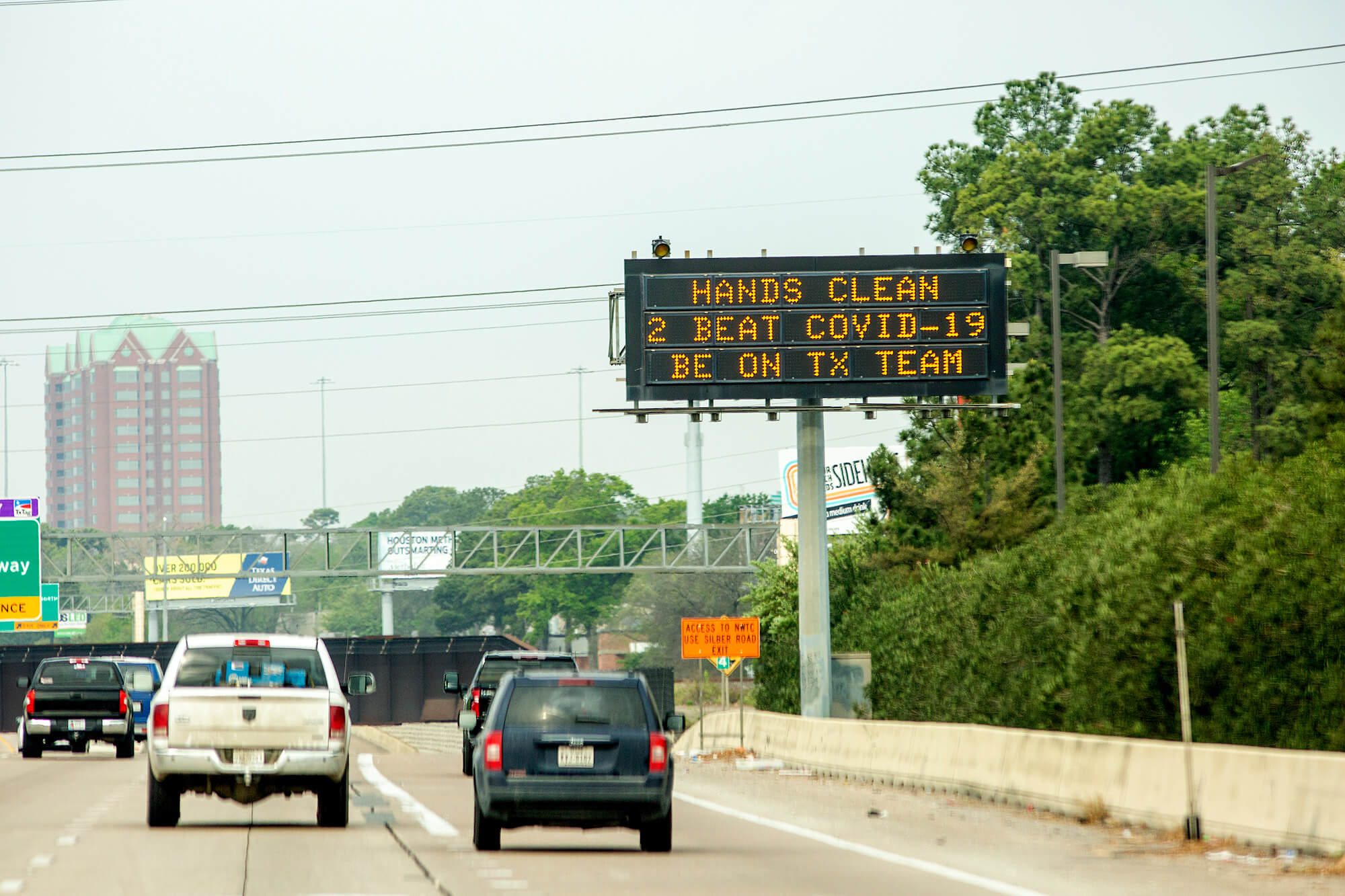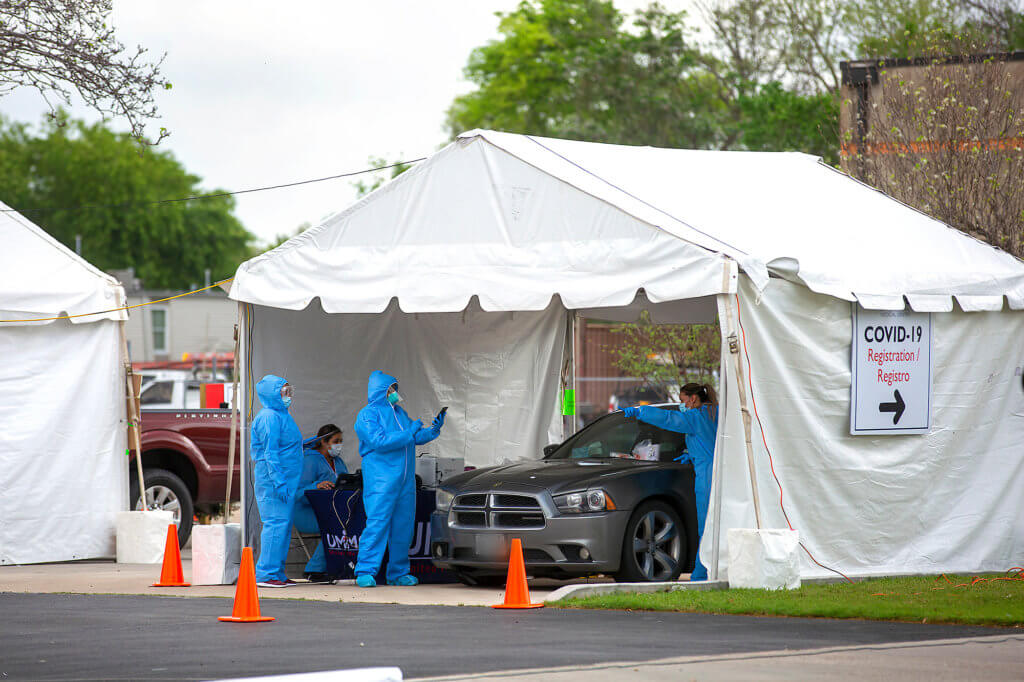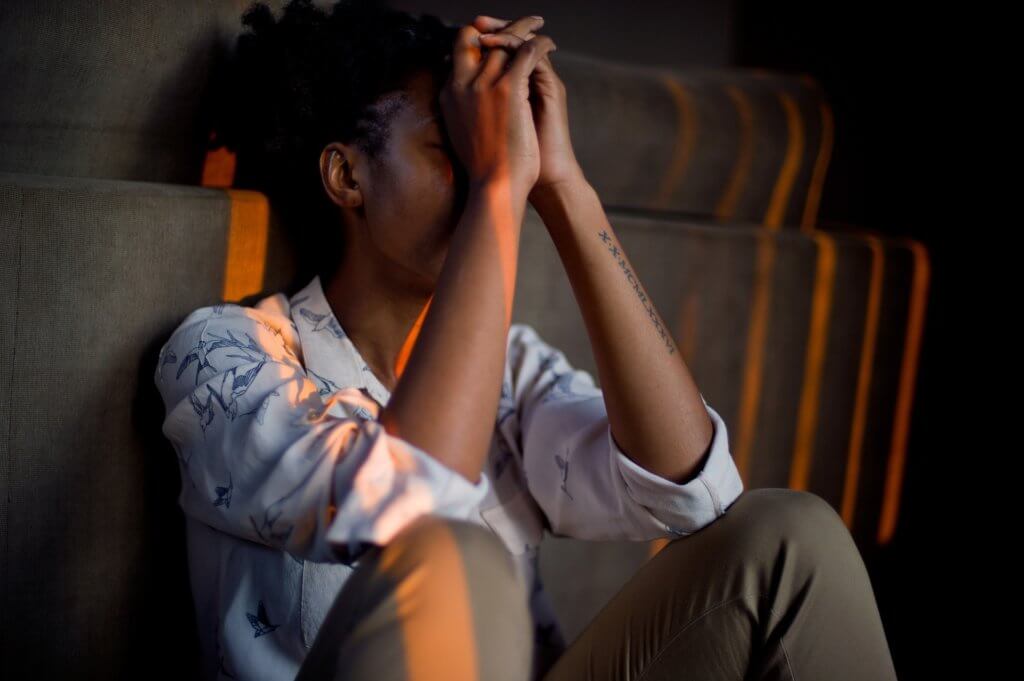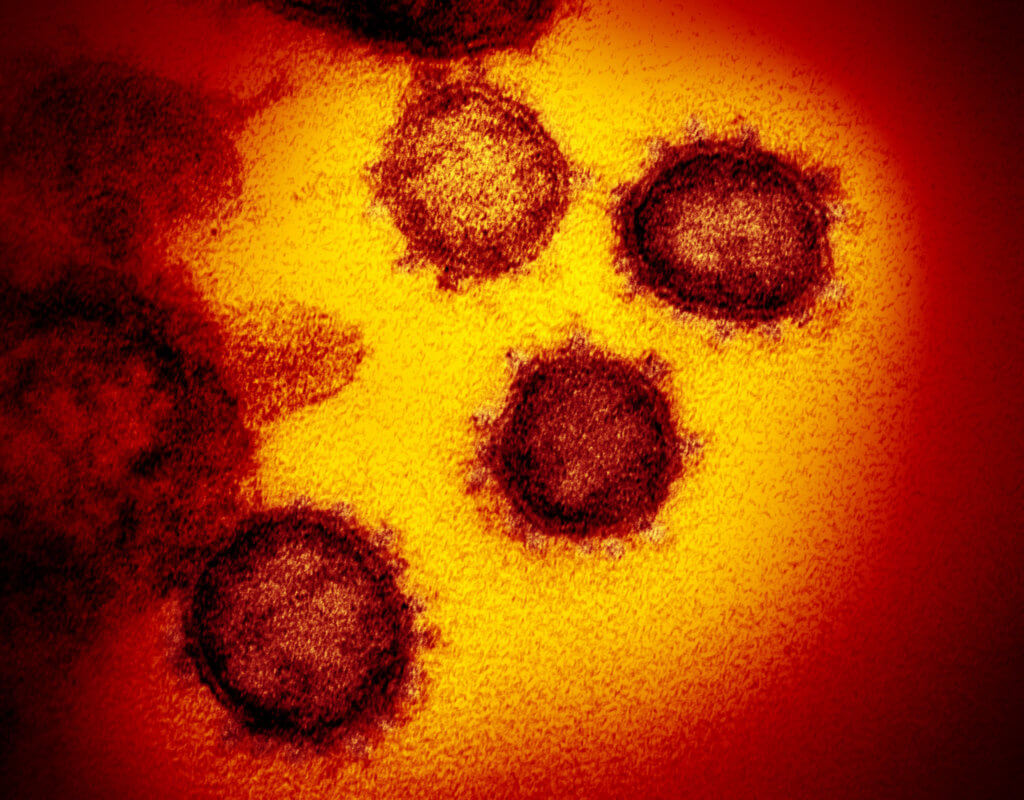COVID-19 myths and facts: Straight talk from UTHealth experts

The novel coronavirus, COVID-19, has placed us all in uncharted waters. To dispel rumors and reduce panic during the global pandemic, experts from The University of Texas Health Science Center at Houston (UTHealth) are sharing the facts about the virus and its effects on our Houston-area situation.
::::::::::::::::::::::::::::::::::::::::::::::::::::::::::::::::::::::::::::::::::::::::::::::::::::::::::::::::::::::::::::::::::::::::::::::::::::::
Looking for the latest on the CORONAVIRUS? Read our daily updates HERE.
::::::::::::::::::::::::::::::::::::::::::::::::::::::::::::::::::::::::::::::::::::::::::::::::::::::::::::::::::::::::::::::::::::::::::::::::::::::
MYTH: The City of Houston is shut down.
FACT: Harris County, including Houston as well as all included cities and unincorporated areas, are under a shelter-in-place order until April 3. Read the order issued March 24, 2020 by Harris County Judge Lina Hidalgo.
Residents may leave their homes only to perform “essential activities” such as obtaining health care or food, exercising outdoors while maintaining six feet of social distancing or caring for a person or pet. People also are allowed to go to work at businesses deemed essential.

Harris County Judge Linda Hidalgo poses at her downtown office. (Photo by Cody Duty)
A stay-at-home order is different than a shut down or a lockdown, which is reserved for emergencies such as hurricanes or shootings.
In fact, there are only three officials who can authorize a shutdown: Gov. Greg Abbott for the state, Hidalgo for Harris County and Mayor Sylvester Turner for Houston.
MYTH: Masks protect against COVID-19.
FACT: Face masks are only recommended for patients who are sick and the health care workers treating them.
“Those who are not ill or on the frontlines of medicine may not benefit from wearing a mask,” said Michael Chang, M.D., assistant professor of pediatrics at McGovern Medical School. He is also an infectious disease specialist with UT Physicians who is affiliated with Children’s Memorial Hermann Hospital.
“Wearing a mask when you are not sick essentially gives you a false sense of confidence that you don’t need to wash your hands as often or not touch your face as much,” Chang said. “Because masks can be uncomfortable, you may actually touch your face more. In addition, contamination can occur when masks are taken off and put back on.”
MYTH: COVID-19 can mutate into a deadlier strain.
FACT: All viruses mutate over time and COVID-19 is no different. However, that does not mean it becomes deadlier. According to Chang, virus mutations are not bad; in fact, they typically make a virus less severe.
“Viruses mutate pretty frequently, but not all mutations have to be bad. Many mutations in viruses are silent—and some can even lead to a strain that is less fit with less virulence. In fact, many of our live-virus vaccines are essentially mutated, wild-type strains,” he said. “Given all of the above, it is very unlikely for COVID-19 to develop a mutation that makes it deadlier.”
MYTH: Using hot water to wash your hands will remove germs better than cold water.
FACT: Frequent hand-washing is one of the best ways to limit the spread of COVID-19. According to the Centers for Disease Control and Prevention (CDC), many diseases and conditions are spread by not washing hands with soap and water.
As simple as it sounds, a thorough technique with soap and clean, running water lasting at least 20 seconds is the best approach to preventing the further spread of germs. The temperature of the water when washing does not matter.
“When washing hands with soap and water, it’s really the mechanical scrubbing action that’s cleaning your hands. You can use warm or cold water,” Chang said. “You have to be sure you wash or scrub long enough and completely dry your hands.”
https://youtu.be/d914EnpU4Fo
MYTH: Vitamin C can help fight the virus.
FACT: Vitamin C is an essential vitamin found in many fruits and vegetables that can help boost the immune system. However, research shows that taking vitamin C won’t even fight the common cold for most people.
“Studies show that vitamin C has no significant benefit in preventing or treating the common cold for most patients—and COVID-19 is not the common cold,” said Joyce Samuel, M.D., an associate professor of pediatrics at UTHealth’s McGovern Medical School and a pediatric nephrologist with UT Physicians.
Susan Wootton, M.D., associate professor of pediatrics at McGovern Medical School and an infectious disease pediatrician with UT Physicians, adds that there is no current data to support using extra vitamin C to fight COVID-19.
“In fact, our body can only absorb a certain amount of vitamin C at a time and any excess will be excreted,” Wootton said. “Those who are stocking up on the vitamin are not benefiting from the extra intake.”
MYTH: The virus will die off once temperatures rise.
FACT: It is unknown whether COVID-19, the illness caused by the novel coronavirus, will follow the flu season and disappear during warmer months. Although it can present similar respiratory problems, COVID-19 is different from viruses that cause influenza.
“Because this is a new virus, we aren’t sure,” said epidemiologist Catherine Troisi, Ph.D., an associate professor in Management, Policy and Community Health with UTHealth School of Public Health. “We hope that warmer weather will help, but there is no guarantee. What ultimately helps is that summertime means kids are not in school anymore and they are less likely to pass viruses around.”
MYTH: Drinking water every 15 minutes reduces your risk of contracting the virus.
FACT: Another rumor suggests that drinking water regularly will help flush the virus through the body. Although drinking water can help with dehydration, there’s no evidence of protection against contracting COVID-19.
“Gargling warm water won’t help either,” warned Luis Ostrosky, M.D., professor of internal medicine at McGovern Medical School and an infectious disease specialist with UT Physicians.
Still, water is a great idea for staying hydrated and during recovery from any infection, Wootton added.




